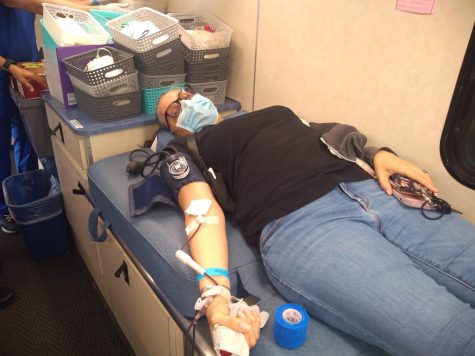Birth Control Tips
Advice and myths regarding birth control were discussed during a virtual workshop hosted by Student Health Services.
Attendees were presented with a slideshow by Aileen Kizlinski, a nurse practitioner on campus. The first slide addresses how to decide what birth control methods are right for students.
“It is not a one size fits all type of situation,” Kizlinski said.
An idea that individuals have to keep in mind when it comes to birth control options and hormones are “what is most comfortable for your body,” according to Kizlinski.
She said to ask whether there is a method that anyone would prefer more than another.
During the meeting, Kizlinski made a point to distinguish between hormonal and non-hormonal alternatives of birth control, as it is important for women to be able to differentiate between the two options.
Non-hormonal options revolve around tools like male and female condoms, sponge diaphragms and IUDs, which are copper and plastic T-shaped devices inserted into the uterus to provide birth control.
Meanwhile, hormonal birth control options include oral contraceptive pills, vaginal ring, patch, Depo (shot), IUD-Mirena, Kylenna, Liletta, & Skyla and implants like Nexplanon.
Just like with all medications or most surgical procedures, there is the risk of side effects. New users of birth control should watch for reactions that could involve skin irritation, nausea and weight gain.
Kizlinski made sure to point out that even if one takes all the right measures like wearing condoms, which are said to be 98% effective for males and 95% effective for females, there is always a risk for pregnancy.
Students are welcome to visit the Student Health Center for more information on contraception and other health-related issues. The center provides multiple packages of birth control for $6 and all information is kept private unless medically relevant.
For more information please visit, the Student Health Services webpage on the El Camino College website, or call 310-660-3643.





